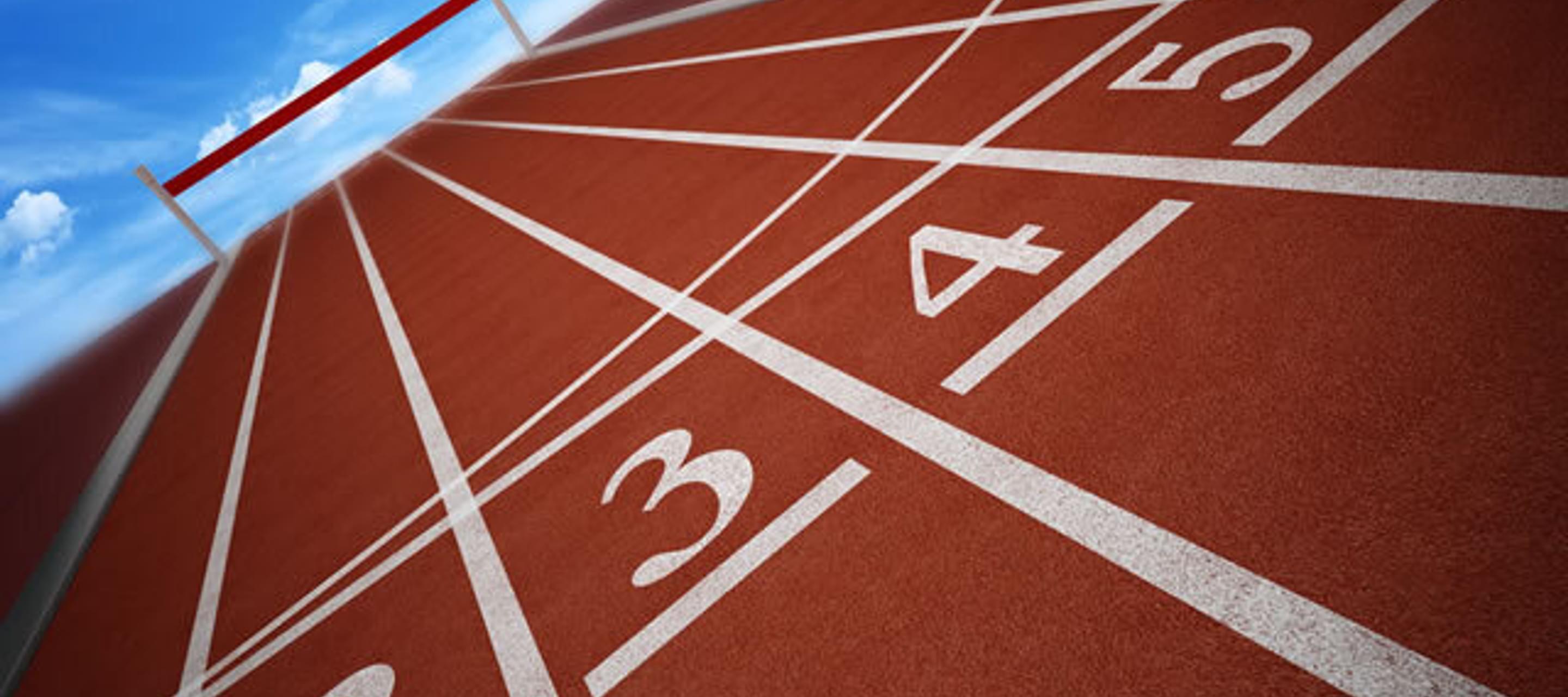Can Mega-sporting events get back on track?
20 October 2015

Mega-Sports Events (MSEs) and the sporting federations that organise them are once again under intense scrutiny. Switzerland’s OECD National Contact Point has just approved for further investigation a complaint lodged by the Building and Wood Workers’ International (BWI) against FIFA.
The complaint is over alleged “human rights violations of migrant workers related to the construction of facilities for the FIFA 2022 World Cup in Qatar.” This case, and the wider allegations of corruption within FIFA, should not hide a deeper reality – that major sports events will only regain broad public legitimacy if they fully respect the lives of those they impact.
Over the coming weeks, the Institute for Human Rights and Business (IHRB) is playing a leading role in a series of events aimed at developing credible solutions to the human rights challenges facing organisations such as FIFA and the International Olympic Committee. Success will require the support and involvement of the sports governing bodies themselves, as well as host governments, organisers, sponsors and other commercial partners, UN bodies, civil society, trade unions and athletes.
The upcoming events will build in part on our report, Striving for Excellence – Mega-Sporting Events and Human Rights, which points to the many adverse human rights impacts associated with MSEs – from forced evictions and worker deaths in land development and construction, to poor-working conditions in the merchandise supply-chain, through to constraints on the rights of protestors, homeless people and street-traders during competitions. Our report called on all actors to take steps to understand the human rights risks associated with MSEs, and to put systems in place to prevent, manage and remediate any harmful effects on people’s lives.
There have been signs of progress, but also clear indications of how much work must still be done. For example, in September the International Olympic Committee (IOC) published its new Host City Contract for the 2024 Games. Although it prohibits discrimination including on grounds of sexual orientation, the Sports and Rights Alliance and others have been critical. In particular, advocates have raised concerns over the “astonishing omission” of any explicit clauses concerning other human rights that may be adversely impacted through the delivery of the Olympic Games. The IOC’s narrow focus suggests it may yet to have fully familiarised itself with international standards such as the UN Guiding Principles on Business and Human Rights that provide a roadmap for preventing and managing many of the diverse, and often recurring, human rights risks that arise across the MSE life-cycle – beyond only those concerning discrimination or labour rights abuses in the supply-chain.
In this regard at least, FIFA has stolen a march on its Olympic counterpart. Earlier this year at the OECD Global Forum on Responsible Business Conduct, FIFA representatives announced that all future bids to host the World Cup will need to “recognise the provisions of the UN Guiding Principles on Business and Human Rights” and be “compulsory for both contractual partners and those within the supply chain to comply with these provisions.” Yet with FIFA’s immediate future highly uncertain, it is now far from clear how quickly these pledges can be implemented. And in the meantime, longstanding human rights concerns like those over treatment of sexual minorities and migrant workers in Russia and Qatar in the lead up to the 2018 and 2022 World Cups are going unaddressed.
The time has come for proactive efforts by sports governing bodies and the wider network of actors that make delivery of these events possible. We at IHRB are pleased to be co-sponsoring with Wilton Park and the Government of Switzerland a two day conference in November to explore practical responses to the human rights risks that face MSEs. This gathering will call upon the expertise of leaders from industry, government, the trade union movement, civil society and academia. Senior representatives, from the UN, host governments, the sports industry – including the Chief Executive of the Commonwealth Games Federation – as well as local organising committees, commercial partners, national human rights institutions and human rights campaigners from upcoming host nations of Brazil, Japan and Qatar, will come together to share insights on emerging good practice and how to devise possible long-term solutions. Participants will address the question of whether in fact a wider, independent mechanism could help facilitate shared learning, more thorough stakeholder engagement, and greater accountability and oversight.
Just before this event, the United Nations Annual Forum on Business and Human Rights in Geneva will dedicate a session on 17 November to Mega-Sporting Events in an effort to better understand the human rights issues confronting each stage of the process from bidding through to delivery, and post-event legacy. Discussions will likely include addressing risks such as forced evictions of local communities, allegations of dangerous working conditions and exploitation of migrant workers in a variety of contexts, as well as problems relating to racism, gender inequality and homophobia on-and-off the field of play. A key aim is to highlight progressive responses and collective solutions at national and international level.
Finally, a practitioner focused event will be convened by Unicef UK, IHRB, and Terre des Hommes with the support of other partners. It aims to develop guidance to support future Host Cities/Countries in understanding and addressing risks and opportunities in a meaningful and impactful way. This meeting will also provide an opportunity for stakeholders to draw on a proposed checklist of human rights expectations, especially around MSE bidding rounds, being developed by a civil society Taskforce.
These upcoming meetings show that solutions-oriented dialogue and engagement is now underway to ensure that MSEs can get back on track. They signal the next stage in a process that can help create a truly impartial space to learn lessons and transfer knowledge between sporting bodies and partners around the world, all aimed at ensuring transparency and accountability across all major sport traditions.



